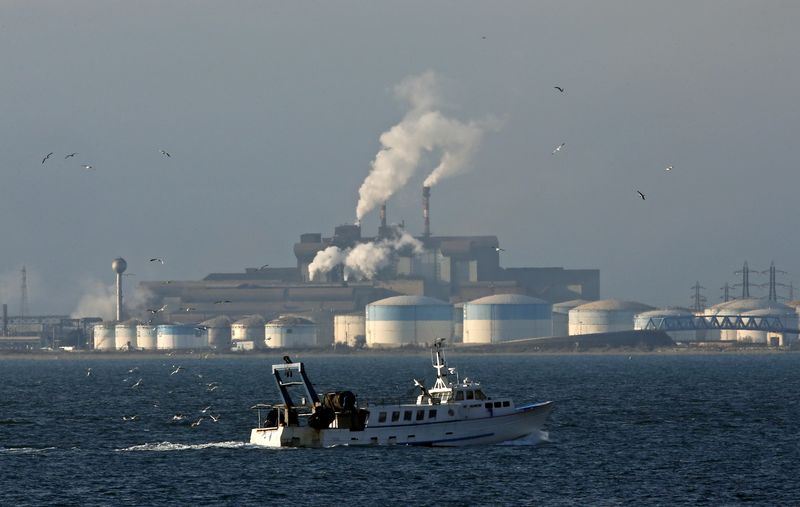Investing.com — Oil prices edged higher Wednesday after data showed a bigger-than-expected drop in U.S. inventories, pointing to tight conditions at the world’s biggest consumer.
At 2:30 PM ET (18:30 GMT), the price rose 0.70% to $85.25 per barrel, while the stock rose 1% to $82.25 per barrel.
US stocks in surprise draw
Data released on Wednesday showed US oil inventories fell unexpectedly by 3.4 million barrels in the week to July 5, compared with expectations for a 700,000 barrel increase.
The surprise increase in oil inventories was driven by an increase in refinery activity to 95.4% of their capacity, above 93.5% in the previous week, following a limited impact on oil infrastructure in the Gulf of Mexico from the hurricane Beryl.
Gasoline inventories fell by 2 million barrels, while distillates grew by 4.8 million barrels.
The unexpected draw comes after an over-draw the week before, as fuel suppliers prepared for record high travel demand during Independence Day week.
But it remained to be seen whether this travel demand would continue in the coming weeks, especially under extreme weather conditions in large parts of the country.
Russian crude oil exports fall to an annual low
Russia’s crude oil exports fell by the most in the week to July 7 since the 2022 invasion of Ukraine, according to shipping data.
While there was no clear cause for the decline, ANZ Research flagged in a recent note recent sanctions on Russia’s shipping industry and a possible increase in the country’s quota discipline under the OPEC+ supply deal.
Sanctions on ships that “Moscow depends on to transport its oil are largely at a standstill,” ANZ Research adds.
Doubts about the ceasefire in Gaza
The increase in oil prices was limited by speculation about a possible ceasefire between Israel and Gaza, as Hamas made several concessions to reach an agreement with Israel.
But expectations of a ceasefire waned as Israel continued its offensive in Gaza, with Hamas leaders warning that continued aggression by Israel was reducing the chances of a ceasefire.
(Peter Nurse, Ambar Warrick contributed to this article.)


